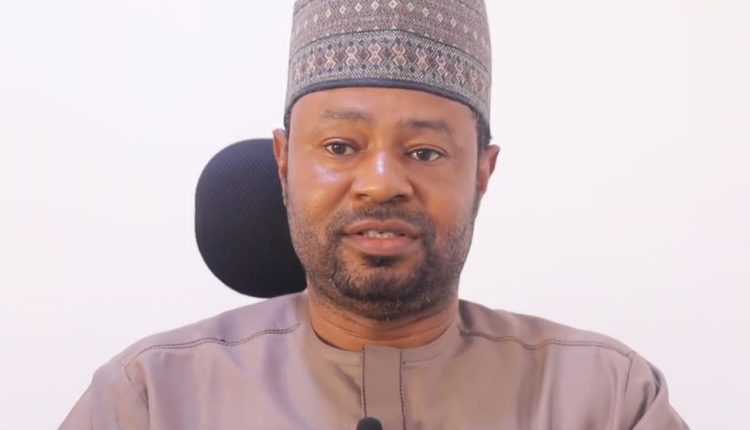Urgent Alert: Niger Commissioner Declares Emergency Operation Centre Crucial for Public Health Crisis!

The Emergency Operations Centre (EOC) in Niger State has become a critical pillar in the state’s public health emergency preparedness and response, according to the commissioner for primary health care, Dr Ibrahim Ahmed Dangana.
Describing it as a “game-changer” in health coordination, Dr Dangana emphasised its central role in managing surveillance, disease outbreaks, and emergency response across the state.
Established and managed by eHealth Africa with support from the Gates Foundation, the state-of-the-art facility serves as a central hub for stakeholder coordination, driving the realisation of a responsive, data-driven public health system in Niger State.
According to Dr Dangana, since its inception about a year ago, the EOC has truly transformed how we coordinate public health in the state. He said the EOC has successfully connected all 25 local government areas (LGAs) in real time, enabling virtual meetings, data reporting, and rapid response to health emergencies, including childhood killer diseases, cholera, and meningitis outbreaks.
Dr Dangana noted that before the EOC, coordination relied heavily on physical meetings and delayed data, making emergency response sluggish and resource-intensive. “Before this centre, transporting health workers for meetings was costly and inefficient.
Now, we can convene hybrid sessions, access real-time data, and make quick, informed decisions,” he explained.
He said, beyond emergency response, the EOC serves as a platform for collaboration with technical working groups, development partners, and health managers across the state. According to him, it also provides a conducive environment that boosts staff morale and productivity with dedicated meeting rooms, offices, teleconferencing equipment, and staff welfare facilities.
Dr Dangana commended the Niger State government’s commitment to sustaining the EOC, saying Governor Umaru Mohammed Bago has approved expansion plans to add a second floor and directed the creation of a dedicated budget line to support the EOC’s operations.
“This initiative may have started with donor support, but sustainability is already built. The state has fully embraced it, with budgetary provisions and strong political will to maintain and expand the facility,” he stated.
He noted that the significant investment in primary healthcare in the state has led to increased uptake of services such as antenatal care and skilled delivery, reflecting growing public confidence in PHC facilities.
“Our vision is clear—we want Niger State to be among the top three states in Nigeria in terms of equitable, accessible, and affordable healthcare. The EOC is central to this goal,” Dr Dangana affirmed. “It is more than a building—it is a critical tool for centralising data, coordinating plans, and ensuring fast, informed responses.”
He urged residents to make full use of the health services now available to them, stressing that prevention and early intervention are essential for improving community health outcomes. “Let’s not wait for illness to strike. The facilities are here, the staff are being trained and deployed, and the system is improving daily. It’s time for the people of Niger State to embrace this transformation,” he concluded.
With the combined efforts of the Niger State government, eHealth Africa, and the Bill & Melinda Gates Foundation, the Emergency Operations Center stands as a beacon of innovation, coordination, and sustainability in Nigeria’s health sector.
